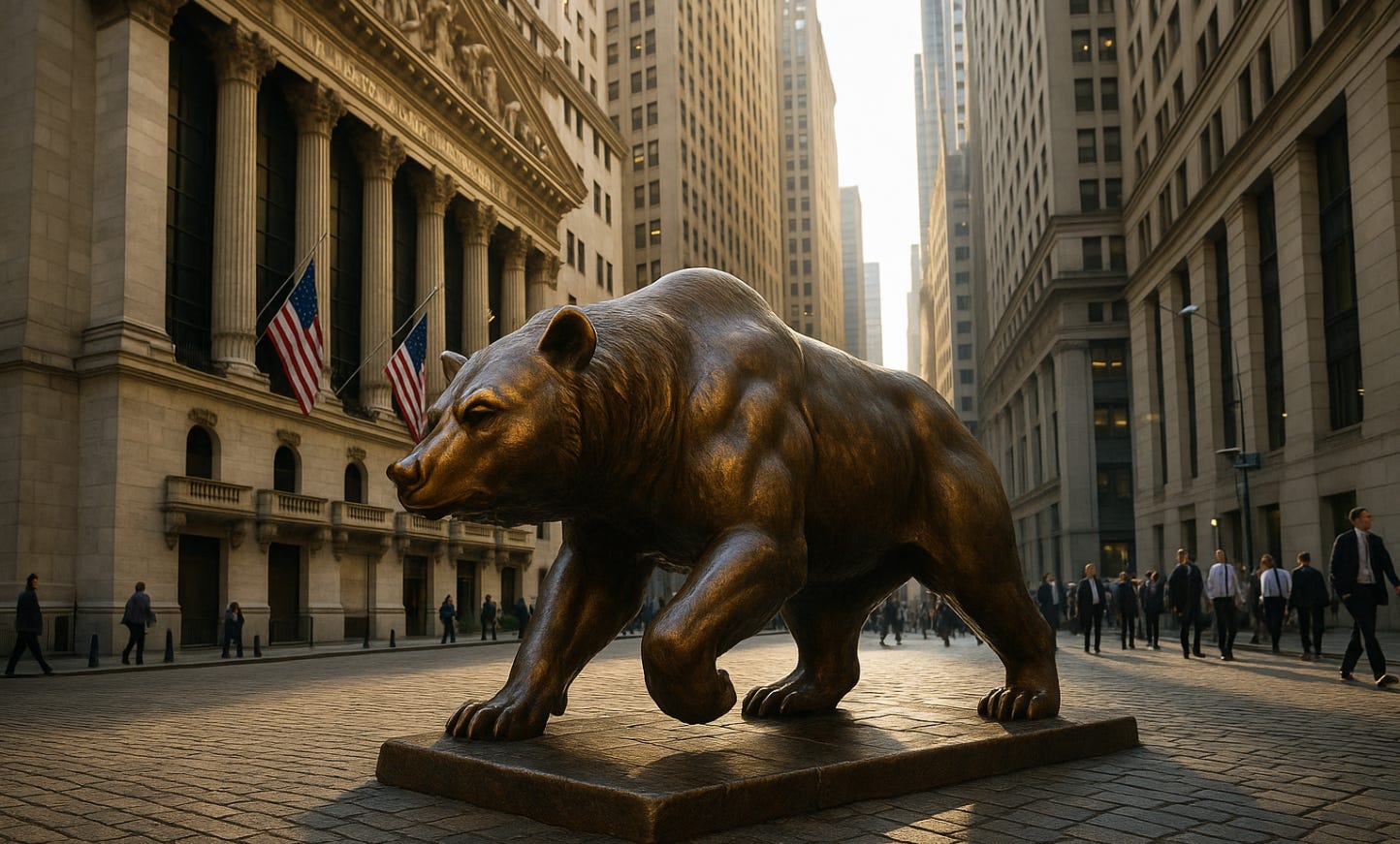Brief comment: It's hard for me to see how AI doesn't lead to job loss one way or another
Either the massive investment in AI is a bubble, or it is not.
If it is a bubble, then when it pops, there will almost certainly be a recession, which will lead to a spike in unemployment. Major firms (Microsoft, Alphabet, Meta, Amazon) alone have put in over 350 billion into AI in 2025 alone. MSFT, AAPL, GOOGL, AMZN, META, NVDA have collectively tripled in value since the launch of ChatGPT in Nov 2022- a rise of $12.67 trillion in market cap. The S&P 500’s growth over the period would have halved if these 7 stocks had remained static.
Such expectations are not disappointed gently.
If it is not a bubble, the only way it can repay the massive investments that have been poured into it is by automating vast amounts of labour. Nothing else could validate the clear trillion-dollar expectations the economy has vested in it. This, of course, will lead to unemployment, at the very least in the short term. The argument that it could ‘augment rather than replace’ human labour is nonsense at the very least in the short term. If companies can suddenly do the work of 2 with 1, then many will cut their workforce and reduce hiring. There is already some preliminary evidence of the latter in junior roles- although we’ll wait and see whether this research holds up.
Of course, a scenario where it leads to job loss through a bubble pop and then also leads to job loss through some substantial degree of automation or another is also quite likely- the doubly fucked scenario. This is my bet. For reasons I’ve previously given, I think AI will do astonishing- and terrifying- things over the next ten years.
A happier world where neither automation nor a recession caused by disappointed speculation causes massive job losses is possible, but I don’t think we’re heading towards it. I hope I am wrong.



It's not just AI: there's crypto, Tesla, private credit and US government corruption. Big job losses inevitable. The main question, motivated by 2008, is whether we can hold accountable the economic system that made this possible and the people who ran it.
Historically, what has happened when jobs were automated was that humans become more productive, but costs fell, so either consumption rose or humans shifted up the value chain or both and overall employment in the field didn't fall much in the short term.
Radiology is an interesting example because its very easy to automate basic diagnostics using AI we have had for over a decade. These tools are used, but their use hasn't reduced the demand for radiologists. Instead its increased the demand for radiological testing, because radiology is now effectively cheaper.
To pick another example where the consequences clearly have panned out, the printing press didn't reduce the number of people employed in the production of written matter. Instead it massively increased literacy and the consumption of writing.